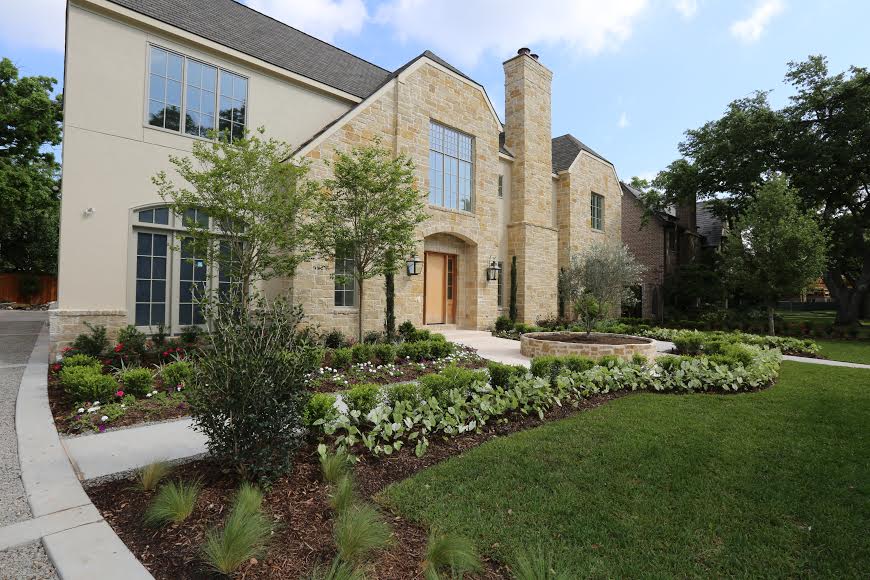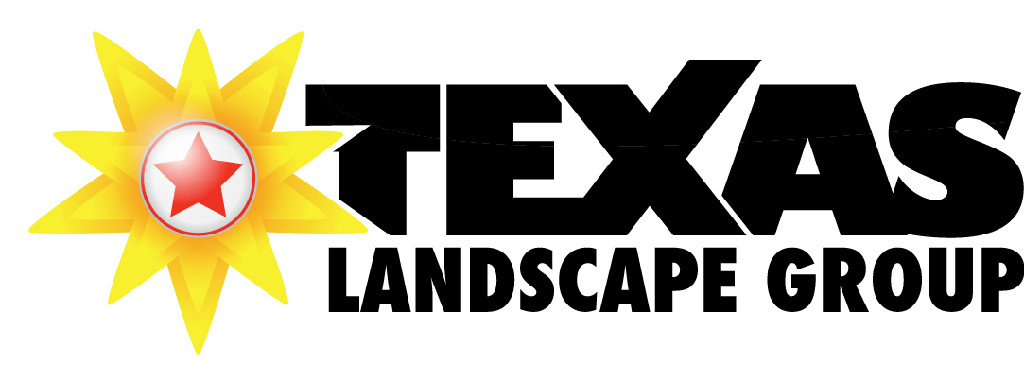
Landscaping advice for allergy sufferers
If you’ve been looking at the world through watery eyes and have been sneezing, coughing, and generally suffering, you may be a victim of allergies. March and April bring beautiful blossoms, vibrant leaves, and greener grass, but these months also remind us that all good things carry a price. In this case, for many Houstonians, that means allergies. However, there are plants and behaviors you should avoid to reduce your reactions and get through spring breathing a little easier:
- plants and trees that have male and female parts on the same plant. This means pollen must travel, entering the air and your sinuses. What to avoid? Corn and oak trees are a good start.
- small flowers with little color
- off-white and greenish flowers
- Goldenrod! This one is notoriously filled with allergens.
- planting culprits near or around windows and doors
- windy days, when pollen is literally everywhere
- letting grass get long. If it has a chance to flower between cuttings, it automatically produces more allergens.
Safer plants include roses and other closely contained flowers, trumpet flowers (because the pollen stays within those trumpets), and fragrant flowers, which will only bother you if you are allergic to that particular flower.
Here’s a more extensive list (provided by Home & Garden) below. Thankfully, Houston’s climate lends itself to thousands of varieties of plants and trees, so you will have plenty of options for enjoying your landscape allergy-free.
Worst trees and plants for allergy sufferers:
almond
ash (male)
Arizona cypress
aspen (male)
bald cypress
black acacia
catalpa
Chinese elm
cottonwood
elm
eucalyptus
fringe tree (male)
Kentucky coffee (male)
mango
mountain laurel
mulberry
oaks
olive
Osage orange (male)
pecan
poplar (male)
privet (male)
red cedar
Russian olive
silver maple (male)
smoke tree
sumac (male)
sycamore
walnut
willows (male)
zelkova
Allergy-causing flowers and grasses:
Artemisia
Bahia grass
Bermuda grass
blue fescue
bluegrass
buttercup
castor bean
centipede grass
fountain grass
gamma grass
goldenrod
orchard grass
sedge (Carex)
Timothy grass
Gardening by the Yard : Episode GBY-613
• Growing Fall Veggies
• Allergy Alert
• Clay Soil
• Stumps and Roots
• Asters

